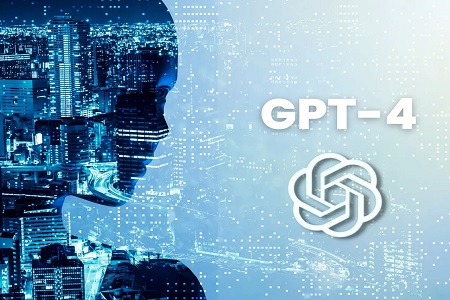On May 31, 2023, OpenAI made an announcement regarding its efforts to address a critical challenge in the AI industry – the occurrence of AI hallucinations.
The release of ChatGPT-4 in March 2023 marked a significant milestone in the quest to integrate AI into everyday applications. However, generative AI chatbots, like ChatGPT, have been shown to face difficulties maintaining factual accuracy; they sometimes generate content known as “hallucinations.”
This ‘hallucination’ content has been observed in various forms, including creating false content, fabricating non-existent events or individuals, and disseminating erroneous information on certain subjects.
OpenAI plans to enhance the problem-solving capabilities of ChatGPT, their popular AI language model, as they believe this is vital for developing aligned AI and mitigating hallucinations. The AI company revealed this and its ongoing research to address the issue in an article published on its website,
In the article, OpenAI detailed its research into two types of feedback mechanisms to tackle this problem: outcome supervision and process supervision. Process supervision involves guiding the AI system at each stage of the thinking process and providing advice and corrections along the way. Conversely, outcome supervision focuses on feedback based on the final result produced by the AI system. OpenAI conducted experiments using mathematical problems to test these feedback models, generating multiple solutions and selecting the best one based on feedback from each supervision approach.
Through comprehensive analysis, the research team found that process supervision yielded superior results. By incentivizing the model to follow a procedure approved by humans, process supervision proved more effective in minimizing hallucinations compared to outcome supervision, which presented greater challenges and inconsistencies.
OpenAI acknowledged the wider implications of process supervision and emphasized the need for further research to understand its effectiveness across various domains. They suggested that if the observed outcomes hold true in broader contexts, process supervision could strike a more favorable balance between performance and alignment compared to outcome monitoring. To facilitate research in this area, OpenAI released the entire dataset of process supervision to the public with the hope that it will encourage further investigation and study.
A recent incident in a U.S. Court highlighted the significance of OpenAI’s ongoing efforts to address hallucinations and enhance the reliability of AI-generated content. Attorney Steven Schwartz admitted to using ChatGPT as a research tool in the Mata v. Avianca Airlines lawsuit. However, it was later discovered that the information provided by ChatGPT was completely false.
Mr. Schwartz claimed that due to his lack of experience with ChatGPT, he was unaware of its potential to generate inaccurate information. Mr. Schwartz informed the judge that he had explicitly asked the tool to verify the accuracy of the cases, and it had acknowledged their validity.
If you want to read more news articles like this, visit DeFi Planet and follow us on Twitter, LinkedIn, Facebook, Instagram, and CoinMarketCap Community.
“Take control of your crypto portfolio with MARKETS PRO, DeFi Planet’s suite of analytics tools.”





















